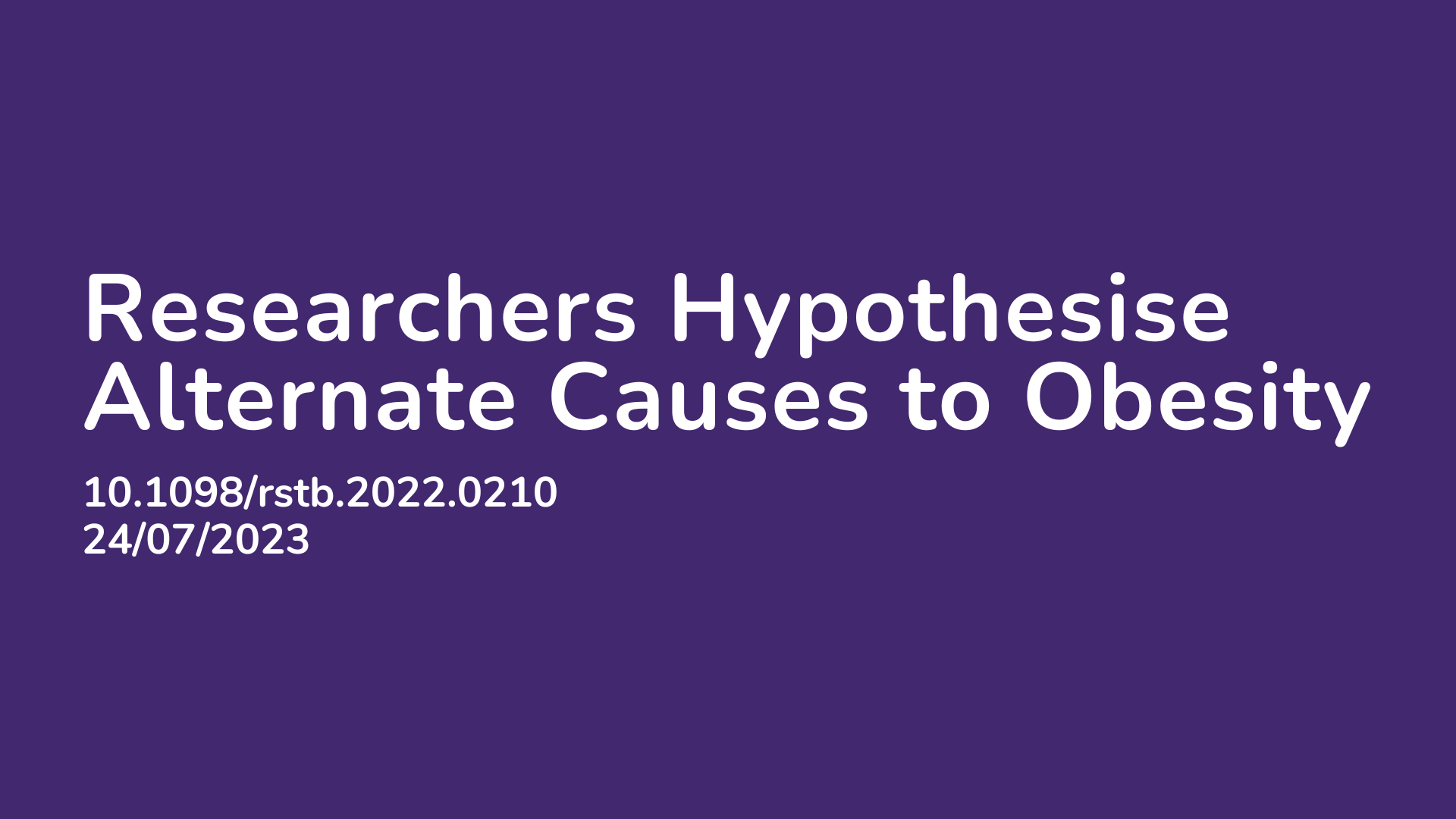Summary:
According to the World Health Organization, the global rates of obesity have nearly tripled in the last 50 years. It is currently thought that obesity is associated with an increased consumption of ultra-processed foods, dietary fat and carbohydrates, however research has never exactly specified why these may be the causative agents. The authors of this current paper hypothesise that substances that have entered our system in more recent years such as environmental toxins may also play a large role, as they generate false information inside our system and cause miscommunication within our organs such as insulin secretion when not needed. The authors explain that these environmental toxins could be things such as food additives and preservatives. Whilst this is just a hypothesis, if further studies are completed and this model is proven, this could drastically shape the current understanding and treatment of obesity.
Abstract:
Changes correlating with increasing obesity include insulin resistance, hyperlipidaemia, hyperinsulinaemia, highly processed food and environmental toxins including plastics and air pollution. The relationship between the appearance of each of these potential causes and the onset of obesity is unknown. The cause(s) must precede obesity, the consequence, and temporally relate to its rising incidence. Macronutrients such as carbohydrates or fats are unlikely to cause obesity since these have long been constituents of human diets. Furthermore, food consumption and body weight have been well-regulated in most humans and other species until recent times. Thus, attention must focus on changes that have occurred in the last half-century and the relationship between such changes and specific populations that are impacted. The hypothesis presented here is that substances that have entered our bodies recently cause obesity by generating false and misleading information about energy status. We propose that this misinformation is caused by changes in the oxidation–reduction (redox) potential of metabolites that circulate and communicate to organs throughout the body. Examples are provided of food additives that generate reactive oxygen species and impact redox state, thereby, eliciting inappropriate tissue-specific functional changes, including insulin secretion. Reversal requires identification, neutralization, or removal of these compounds.
Article Publication Date: 24/07/2023
DOI: 10.1098/rstb.2022.0210



